Go home to vote, says ECN
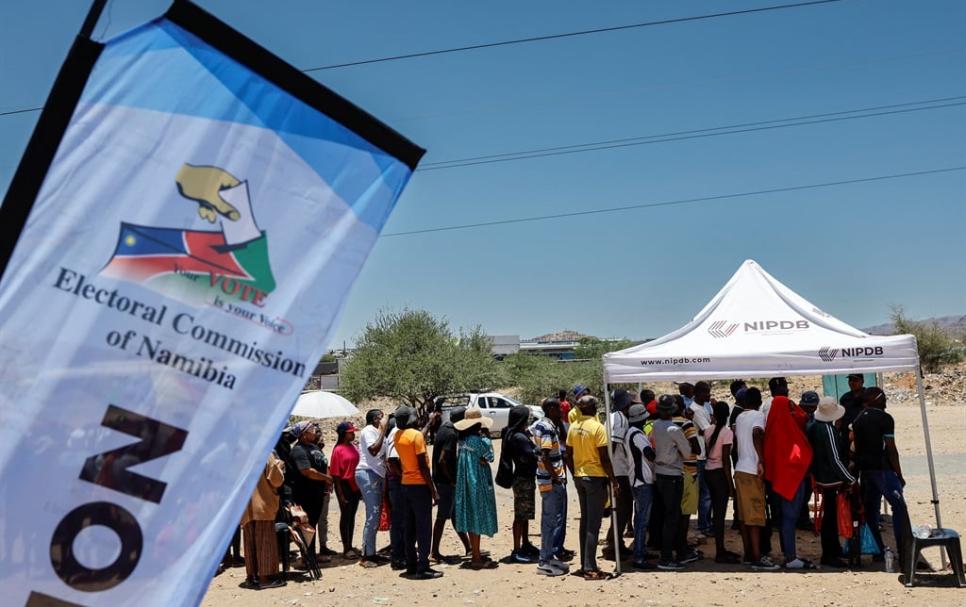
By Patience Makwele
As regional and local elections draw near, the Electoral Commission of Namibia (ECN) has adviced all eligible voters to travel to their home constituencies to cast their ballots on 26 November 2025.
According to the commission, the move is intended to tighten administrative control and prevent duplication of votes. However, political analysts have warned that the decision could make it harder for citizens, especially those living or employed outside their home regions to participate in the elections.
The measure, previously implemented, falls under Section 25 of the Electoral Act, 2014 (Act No. 5 of 2014), which states that candidates are entitled to cast votes only in their respective constituencies. However, analysts argue that this could advantage parties with stronger local mobilization networks and disadvantage smaller or newer parties that rely on mobile or urban voters.
Political analyst Ndumba Kamwanya explained that “tendered votes allow registered voters to cast ballots outside their home constituency, for example if someone is traveling or working elsewhere on election day). Removing them means voters can only vote where they are registered.
“This signals a push by the ECN to tighten administrative control and reduce logistical complexity or risks of double voting,” Kamwanya said. “It may also reflect a concern about integrity and verification challenges the ECN faced in past elections. However, it can be perceived as reducing flexibility for voters and potentially creating an impression that accessibility is being sacrificed for control.” He added that the change could discourage voter turnout as many Namibians work or study far from their home constituencies. “Without tendered votes, they may have to travel long distances to cast a ballot, which could deter participation, especially among low-income or rural voters. Youth and informal workers are particularly affected as they tend to be mobile and less likely return home to vote,” he said.
Meanwhile political analyst Phanuel Kaapama explained that in order for elections to be credible and fair, it has to be confined to the rule of law. Kaapama emphasized the need to operate within the law while ensuring high voter turnout and credible elections. His comments reflected concerns that last-minute changes could disrupt the electoral process and affect participation.
Political observers say that while the ECN’s directive may strengthen administrative control, it could have practical consequences for voters. Many Namibians live, study, or work far from their home constituencies. Without tendered votes, these citizens must travel long distances, which may pose financial and logistical challenges. Worker representatives and unions have in the past highlighted the importance of protecting voting rights. Stating that such measures should be considered to allow employees to travel to their constituencies without penalty, especially for youth and informal workers who are more mobile and may struggle to return home.
The ECN’s move echoes previous practices where tendered votes were limited to prevent administrative challenges.
As Namibia prepares to go to the polls on 26 November, this stance has sparked debate over accessibility, fairness, and voter turnout. While it may help prevent duplication and enhance administrative control, it has also highlighted the ongoing challenge of balancing electoral integrity with citizen participation. Observers say it will be important for political parties, employers, and civil society to support voters in exercising their rights, particularly those living far from their home constituencies.
- 834 views



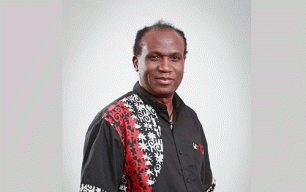

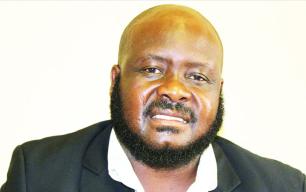
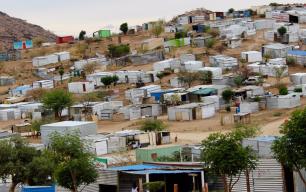

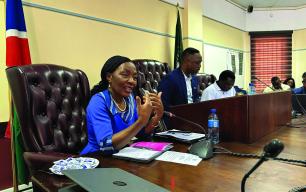
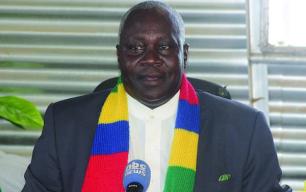
Comments